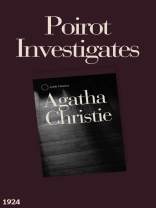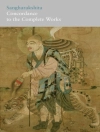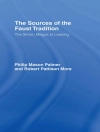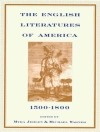Published in 1924, ‘Poirot Investigates’ is a collection of short stories featuring Agatha Christie’s Belgian detective, Hercule Poirot. This compilation is significant in Christie’s oeuvre as it demonstrates her ability to craft compelling mysteries in a shorter format, while still maintaining the complex plots and misdirection for which she was becoming known.
The collection includes eleven stories in the UK edition (and fourteen in the US edition), each showcasing Poirot’s deductive skills in a variety of settings and circumstances. These stories range from jewel thefts to kidnappings, and even include elements of the supernatural, though always with a rational explanation revealed by Poirot.
From a literary history perspective, ‘Poirot Investigates’ is valuable for its role in establishing Poirot as a fixture in the detective fiction landscape. The short story format allowed Christie to experiment with different narrative techniques and to refine Poirot’s character, including his famous ‘little grey cells’ and his often-comical relationship with his friend and narrator, Captain Hastings.
Scholars have noted how these stories reflect the social anxieties of the 1920s, including fears about changing class structures, the role of technology in society, and the lingering effects of World War I on British society. The international settings of some stories also reflect the era’s fascination with exotic locales and the remnants of British colonialism.










![ปกของ Jennifer Richards: Elizabeth Singer [Rowe] ปกของ Jennifer Richards: Elizabeth Singer [Rowe]](https://static.worldofdigitals.com/thumb_webp/931/9781351940931.webp)

